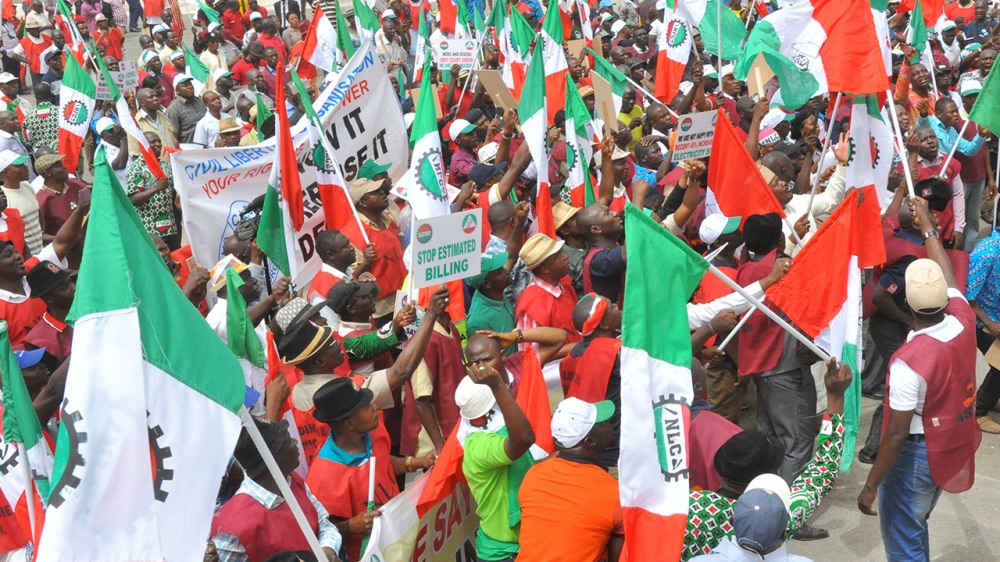ABUJA, Nigeria – The Nigerian Labour Congress, NLC, expressed its indignation on Wednesday over the sudden increase in fuel prices implemented by the Nigerian National Petrol Company Limited, NNPCL, a move that has shocked and frustrated many Nigerians.
This hike in petrol prices, also known as Premium Motor Spirit, PMS, comes barely 48 hours after President Bola Tinubu announced the end of fuel subsidies during his inauguration speech.
As a result of the presidential pronouncement, long fuel queues have reemerged across the country, and the price per litre has skyrocketed from around N185 to between N400 and N600.
Reacting to the situation, NLC President Joe Ajaero released a statement on Wednesday, May 31, 2023, expressing his concern over the NNPC’s decision.
Ajaero termed the development as “unfortunate,” noting that it occurred amidst ongoing discussions with stakeholders in the oil and gas sector.
“This is an ambush and runs against the spirit and principles of social dialogue,” said Ajaero. “Government cannot in one breath be talking about deregulation and at the same time fixing the prices of petroleum products.
This negates the spirit of allowing the operation of the free market unless the government has as usual usurped, captured or become market forces.”
Ajaero called on the federal government to instruct the NNPC to withdraw the new pricing template immediately to allow for the unhindered continuation of stakeholder discussions.
He warned that Nigerians would not tolerate any form of manipulation, especially from government representatives.
Asserting that the federal government seemed determined on its chosen course of action, Ajaero urged for flexibility and concessions to achieve the best outcome for Nigerians.
“This is what we all seek at this time,” Ajaero added, indicating the NLC’s commitment to ensuring that the ongoing negotiations occur within an atmosphere of liberty, free from undue pressure.
The sudden increase in fuel prices and the NLC’s stern response underscore the delicate balance between economic realities and citizens’ welfare.
The federal government’s next steps will be crucial in determining how these matters progress in the coming weeks.







